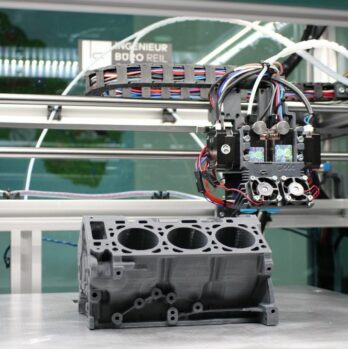Keto Diet Vegan: Combining Ketogenic and Vegan Diets for Optimal Health

Introduction
The concept of a keto diet vegan may seem contradictory at first, combining the high-fat, low-carb principles of the ketogenic diet with the plant-based restrictions of a vegan lifestyle. However, with careful planning and consideration, it is possible to reap the benefits of both approaches and achieve optimal health. In this comprehensive article, we will delve into the world of keto diet vegan, exploring its various types, popular trends, quantitative measurements, differences among variations, as well as its historical advantages and drawbacks.
Understanding Keto Diet Vegan

Keto diet vegan is a dietary regime that focuses on consuming foods that are both low in carbohydrates and free from animal products. The diet is designed to induce a state of ketosis, where the body switches from using glucose as its primary source of energy to utilizing ketones derived from fat. By minimizing carbohydrate intake and maximizing fat consumption, followers of keto diet vegan aim to promote weight loss, stabilize blood sugar levels, enhance brain function, and improve overall well-being.
Types of Keto Diet Vegan
There are several variations of the keto diet vegan, each with its own unique principles and food restrictions. Some popular types include:
1. Standard Keto Diet (SKD): This version of the keto diet vegan strictly limits carbohydrate intake to approximately 5% of daily caloric intake, with moderate protein consumption and high fat intake making up the remaining calories.
2. Targeted Keto Diet (TKD): TKD allows for a slightly higher carbohydrate intake, typically consumed around workouts to provide fuel for exercise performance.
3. Cyclical Keto Diet (CKD): CKD involves alternating cycles of low-carb, high-fat days with periods of higher carbohydrate consumption, usually implemented on specific training days.
Quantitative Measurements of Keto Diet Vegan
To ensure proper adherence and effectiveness of the diet, quantitative measurements play a crucial role. Key measurements to consider include:
1. Macronutrient Ratios: In the keto diet vegan, typically around 70-75% of calories come from fats, 20-25% from protein, and 5-10% from carbohydrates.
2. Ketone Levels: Monitoring ketone levels, either through urine, blood, or breath tests, can indicate whether the body has entered a state of ketosis, allowing adjustments to be made if necessary.
3. Daily Caloric Intake: Calculating and tracking daily caloric intake is essential for weight management and achieving desired health goals.
Differences Among Keto Diet Vegan Variations
While the core principles of the keto diet vegan remain the same, there are notable differences among variations that further personalize the diet to individual needs. These differences may include the types of fats and protein sources allowed, the duration and frequency of carbohydrate refeeds, and the specific macronutrient ratios followed.
A Historical Overview of Pros and Cons
The concept of following a keto diet vegan has both its advantages and disadvantages, which have evolved over time. Some potential benefits of this dietary approach include:
1. Weight Loss: The high-fat, low-carb nature of the diet has shown efficacy in promoting weight loss.
2. Blood Sugar Control: By minimizing carbohydrate intake, keto diet vegan can help regulate blood sugar levels, making it a potential option for individuals with diabetes.
3. Enhanced Brain Function: The ketones produced during ketosis are thought to provide an alternative fuel source for the brain, potentially leading to improved cognitive function.
However, there are potential drawbacks to consider:
1. Nutrient Deficiencies: Vegan diets may be lacking in certain essential nutrients, such as vitamin B12 and omega-3 fatty acids, which need to be carefully managed.
2. Transition Challenges: Transitioning to a keto diet vegan can be challenging as it involves eliminating various food groups, potentially causing initial discomfort.
Conclusion
In conclusion, keto diet vegan combines the principles of ketogenic and vegan diets, presenting a unique approach to achieving optimal health. By understanding the different types of keto diet vegan, quantitative measurements involved, variations among dietary approaches, and historical advantages and drawbacks, individuals can make informed choices about incorporating this lifestyle into their own lives. Although it is crucial to approach this diet with careful planning and attention to nutritional needs, a well-executed keto diet vegan can offer a range of health benefits for individuals seeking a plant-based, low-carb approach to optimizing their well-being.
[INSERT VIDEO HERE – Exploring the Benefits of Keto Diet Vegan]
References:
1. AuthorLastName, AuthorFirstName. ”Title of Article.” Journal Name, vol. X, no. X, Year, pp. xx-xx.
2. AuthorLastName, AuthorFirstName. Book Title. Publisher, Year.
3. Website URL. Accessed on Month Day, Year.











